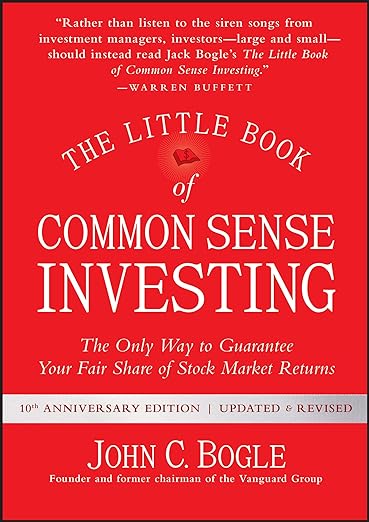1. "The Intelligent Investor" by Benjamin Graham
This book will teach you how to make investment decisions based on the true value and potential of your investment, not market trends. You'll learn the fundamentals of value investing, such as how to analyze stocks and read market psychology. But the main focus of the book are principles of a disciplined approach to investing, avoiding major errors, and developing long-term strategies.
2. "One Up On Wall Street" by Peter Lynch
Beginner’s friendly!
Picking stocks is a valuable skill. The right combination of them can greatly outperform the average market returns. That’s why this book heavily focuses on finding the best investment opportunities personally for you. Guided by the principle "invest in what you know", Peter Lynch recommends using your unique knowledge to identify lucrative deals. He gives you tools to check company health, interpret financial data, and get to know the business itself, not simply papers.
3. "Common Stocks and Uncommon Profits" by Philip Fisher
If you want to go beyond financial statements and truly understand the risks and challenges your potential investment is facing - pick this book. The idea is simple - in the long term the profits are not about market psychology or the current stock market situation - they are about the company’s growth. You will learn to understand the company's competitive advantage, and growth prospects and evaluate management quality, which will help you to pick underrated businesses with a good potential for profits.
4. "Rich Dad Poor Dad" by Robert T. Kiyosaki
"Rich Dad Poor Dad” is a classic of financial thinking. It is not only about certain investment strategies but more about general financial literacy and money-making principles. It is a form of an engaging story where you can learn the importance of passive income, a proactive approach to wealth building, and find out some of your assets are actually liabilities.
5. "The Little Book of Common Sense Investing" by John C. Bogle
This book highlights the fact that a lot of potential investment returns can be shaved by fees and most investors cannot outperform the market over the long term. The proposed way to deal with it is through long-term investment in index funds (ETF). Long-term strategy helps to decrease fees on frequent actions like stock purchases and ETFs help to diversify risks. Simple yet powerful approach. It appears to gain even more popularity, as it is easily executable by novice investors.




